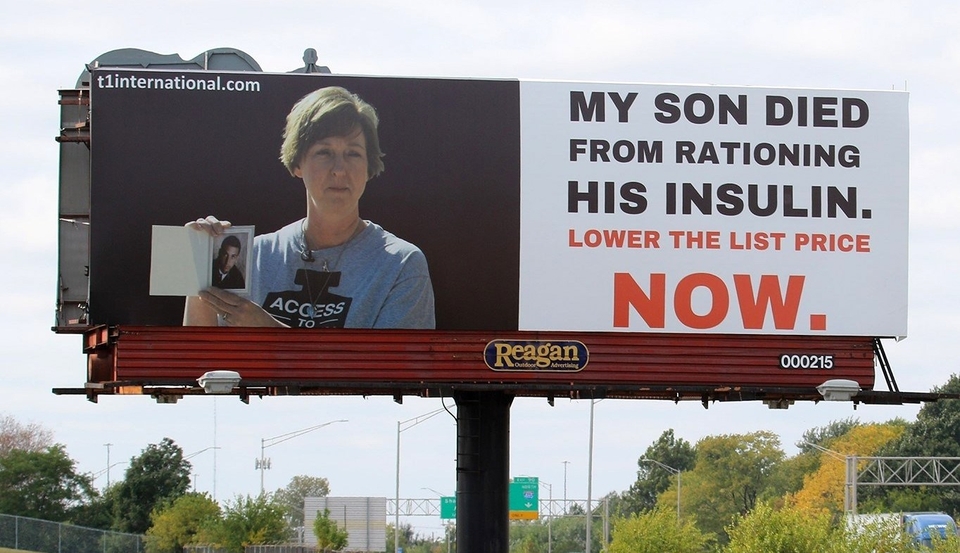Alec’s Story
Alec Raeshawn Smith was diagnosed with type 1 diabetes in May 2015, at age 24. Under provisions of the Affordable Care Act, Alec was able to maintain his health insurance coverage under his mother’s plan for the first two years after his diagnosis. However, soon after he aged off of his mother’s insurance plan when he turned 26 on May 20, 2017, he started struggling to afford his insulin. Alec was a restaurant manager earning just over $2,000 per month. His monthly costs for insulin and supplies were roughly $1,300. With no way of acquiring health insurance that he could afford, Alec tried to stretch what was left of his insulin until his next payday on June 30 by rationing his doses.
On June 27th, 2017, Alec’s girlfriend found him in his apartment, deceased. His official cause of death was diabetic ketoacidosis. His mother, Nicole Smith-Holt, said at the Eli Lilly shareholder meeting in May 2018, “the unofficial cause of death is slipping through the cracks of our broken health care system and corporate greed.”
States that Have Passed Alec’s Law
Due to the high price of insulin, many people are unable to afford the cost of refilling their prescription as often as they need to at the pharmacy counter. A 2020 T1International survey found that 1 in 4 people with type 1 diabetes in the United States rationed their insulin at some point in the past year.
The following states have passed their own version of Alec's Law:
- Minnesota - Up to $35 for a 30 day supply once per a twelve month period. A fine for insulin manufacturers who fail to comply of $200,000
- Colorado - Up to $50 for a 30 day supply once per a twelve month period. A fine for insulin manufacturers who fail to comply of $10,000 per month
- Maine - Up to $35 for a 30 day supply once per a twelve month period. A “civil penalty” for insulin manufacturers who fail to comply.
Utah - Labeled as an “Insulin Discount Program” for eligible Utah residents who are uninsured or have a “high-deductible” plan. Covers specific insulin “brands” at a non-fixed rate.
